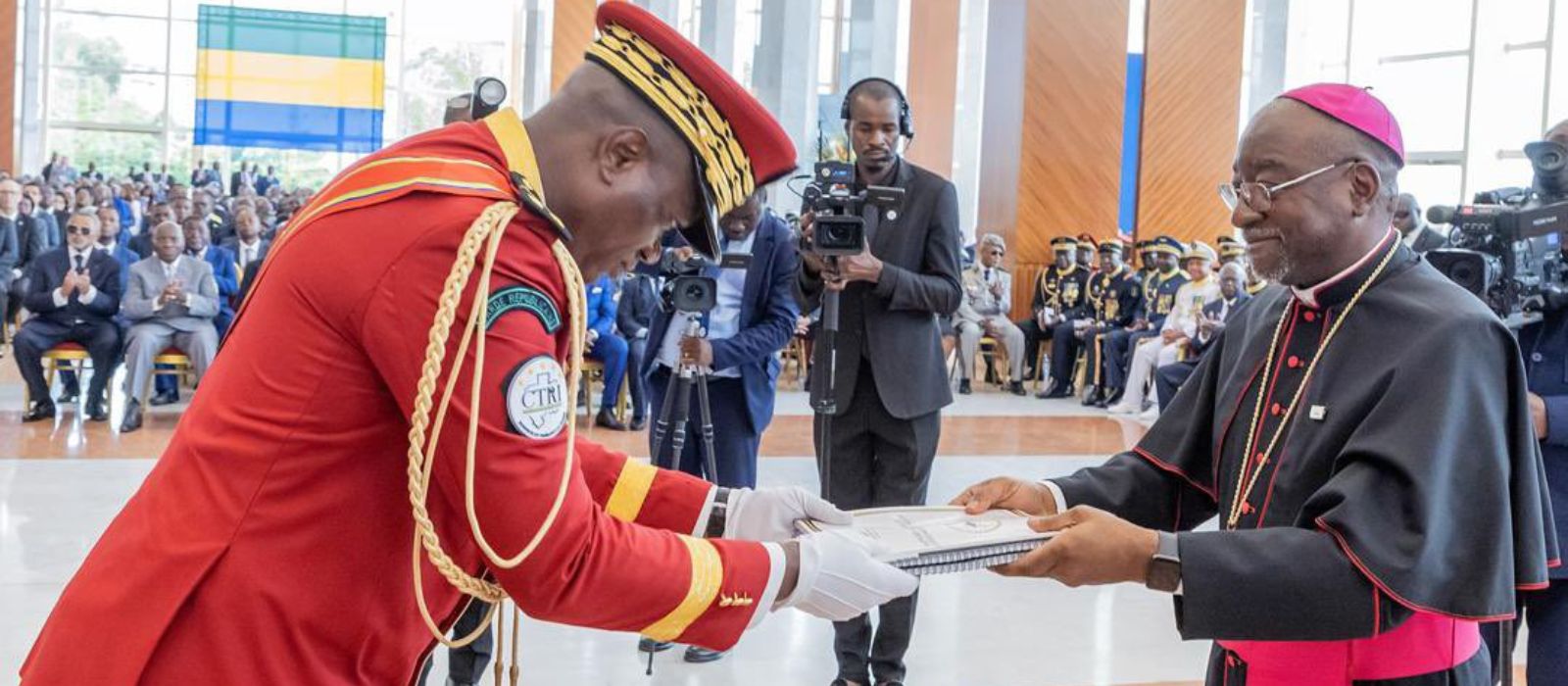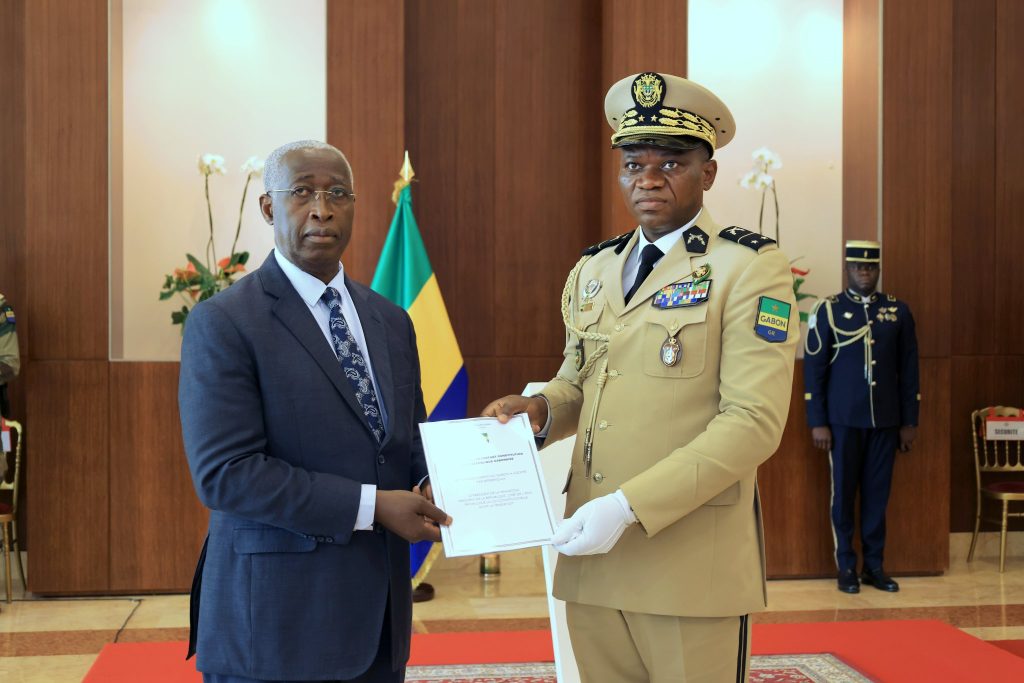
Gabon, a former French colony in Africa, is holding one of its most critical referendums to determine the future of the nation’s governance.
This comes after the military regime ousted long-serving President Ali Bongo, whose family had ruled the oil-rich country for 55 years. Citizens are now heading to the polls to decide on a new political framework that could bring significant changes.
The transitional military leaders, known as the Transitional Leadership, have urged voters to support the proposed charter, which includes a two-term presidential limit and measures to prevent dynastic rule.
Approximately 860,000 registered voters were expected to participate in this pivotal vote, choosing between green (for “Yes”) and red (for “No”) ballots. For the proposed constitution to pass or be rejected, at least 50% of the votes are required.
The draft constitution introduces several significant changes, including:
- Abolishing the office of the Prime Minister.
- Recognizing French as Gabon’s official working language.
- Prohibiting family members of any President from succeeding them in power, a direct departure from the former leadership model where Ali Bongo succeeded his father as President.
The constitution contains 173 articles, though many Gabonese citizens have yet to fully review the detailed proposals.

A decisive step towards the new Gabon, founded on democracy, unity and justice. Together,
let’s write our future!” ~ Brice Clotaire Oligui Nguema, President of the Transition, Head of State
General Brice Oligui Nguema, leader of the transitional government, is the primary architect of the proposed constitution. While he has promised to transition power back to civilians by August 2025, Nguema has hinted at running for President himself, sparking controversy.
Critics argue that some provisions in the draft constitution may favor Nguema’s political ambitions. His connection to the Bongo family, having served as Ali Bongo’s father’s bodyguard, has also raised concerns about his intentions to distance Gabon from its history of dynastic rule.
Gabon, a member of the Organization of Petroleum Exporting Countries (OPEC), remains one of Africa’s most resource-rich countries. However, it struggles with high unemployment and stark economic inequality, where the gap between the rich and poor continues to widen.
As Gabonese voters decide on the proposed reforms, the outcome of this referendum could mark the beginning of a new political era for the nation.


